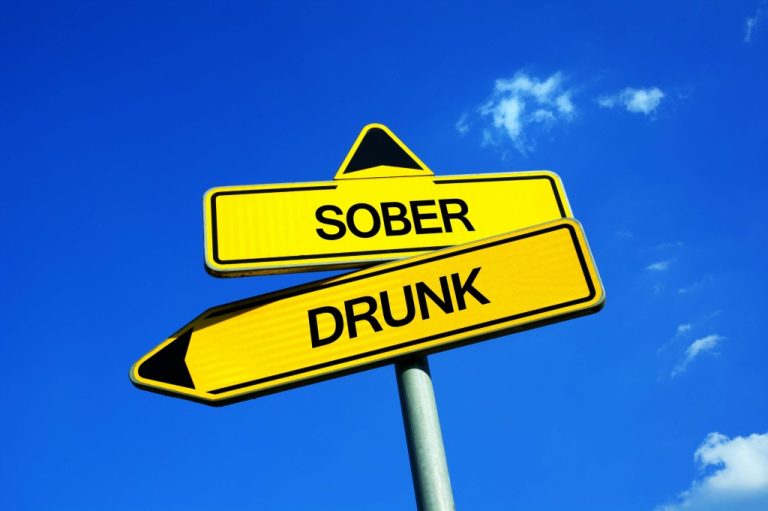Much is unknown about autism, but research shows genetics and other factors like having an older parent and pregnancy complications may make a person more likely to develop the neurodevelopmental disorder. While there is evidence that blue light may affect sleep, there is none to suggest it causes autism, and over a decade of studies have debunked the claim that vaccines do either. At a time when more than half of adults with a drug use disorder also had a mental illness––and approximately one-fourth of adults with a mental illness had a drug use disorder––policymakers must recognize the interconnectedness between drug use and mental illness. You can’t address one issue without addressing the other. Our country must renew its commitment to ensuring more Americans live free of substance use and mental disorders.

Marijuana’s Actual or Relative Potential for Abuse
Individuals who reported using marijuana in the past 30 days for both nonmedical and medical reasons were more likely (62 percent) to report marijuana use near daily (20 to 30 days per month) than individuals who reported marijuana use for nonmedical reasons only (34 percent). Similarly, individuals who used marijuana for medical reasons only were also more likely (57 percent) to report near daily use than those who used it for nonmedical reasons only. When the reason for use was evaluated, the percentage of individuals who reported use for both medical and nonmedical reasons was 39 percent, compared to 36 percent for those who reported use for nonmedical reasons only, and 25 percent for those who reported use for medical reasons only. Those individuals who reported past-month use of marijuana for medical reasons were more likely to be adults 55 years and older, while individuals who reported past-month marijuana use for nonmedical reasons only were more likely to be younger adults aged 18 to 24 years. Marijuana use has varied since the CSA was passed in 1970.
Marijuana’s Psychic or Physiological Dependence Liability
We argue that when considering addiction as a disease, the lens of neurobiology is valuable to use. It is not the only lens, and it does not have supremacy over other scientific approaches. We agree that critiques of neuroscience are warranted [108] and that critical thinking is essential to avoid deterministic language and scientific overreach.
Providing the Highest-Quality of Addiction Treatment
“Doing your own research” was a common refrain in the early Web 2.0 anti-vaccine community before outsiders repurposed it as a joke aimed at conspiracy theorists. She found a community of parents to children with autism, elite Silicon Valley moms and dads who https://centraltribune.com/top-5-advantages-of-staying-in-a-sober-living-house/ didn’t buy the medical consensus that autism is mostly genetic and can be lived with, but not fixed. Shanahan spent more than half her time reading publications and posts about autism, listening to podcasts and calling up researchers who caught her attention.
x-on:slide-change.window=”currentIndex = $event.detail.currentIndex”
- From 2015 to 2020, TEDS documented approximately 10.8 million treatment episode admissions reported by individuals treated at publicly funded substance use treatment programs.
- Contemporary neuroscience is illuminating how those factors penetrate the brain [77] and, in some cases, reveals pathways of resilience [78] and how evidence-based prevention can interrupt those adverse consequences [79, 80].
- The contents of this website are for educational purposes and are not intended to offer personal medical advice.
Here at Brookdale Premier Addiction Recovery, we understand the complexity of substance use disorder and recognize the need for comprehensive treatment services. As such, every individual that comes to us for help, is treated with the highest level of compassion and understanding they deserve to materialize their potential into a Life…Recovered. Addiction is a complicated subject filled with debate between researchers and scientists from a variety of backgrounds, and these debates have only grown as the years progress.
These factors can also make it more difficult for individuals to recover from addiction. Based on the evidence, HHS determined that the abuse of marijuana may lead to moderate or low physical dependence, depending on frequency and degree of marijuana exposure. HHS further concluded that marijuana can produce psychic dependence in some individuals, but that the likelihood of serious outcomes is low, suggesting that high psychological dependence does not occur in most individuals who use marijuana.
- Evidence that a capacity for choosing advantageously is preserved in addiction provides a valid argument against a narrow concept of “compulsivity” as rigid, immutable behavior that applies to all patients.
- HHS reported that up to 40 to 50 percent of individuals who use marijuana on a regular basis may experience physical dependence.
- When those individuals who reported past-year marijuana use in 2021 were asked why they used the drug, 33 percent reported use for medical reasons, while 61 percent were classified as using marijuana for nonmedical reasons only.
- Yeah, it helps you get a certain amount of compassion when you recognize that everybody makes bad behavioral choices.

Moreover, a lack of control also manifests itself in other forms and shapes, such as the automatism of lighting a cigarette before being well-aware of the movement, or a sudden craving relapse after sustained periods of abstinence. As a result, compulsion may be more than the simple dichotomy of it being present versus absent [47]. This view is also endorsed by Kennett and colleagues, who state that Top 5 Advantages of Staying in a Sober Living House drug use may be an involuntary choice, but only after their self-control resources are exhausted. Not in the literal, metaphysical sense meaning predetermined or necessitated, but definitely in an experiential sense of being subjected to a very strong compulsion that may feel impossible to resist [37]. The BDM model can help explain why addictive behaviour is more difficult to control in theory.
Moreover, this article has also explored many aspects of the addiction debate that divert attention from the central and the important discussion on capacities. By calling the behaviour of addicts involuntary, there is an immediate connotation of a lack of free will. Still, whether or not humans have free will is a different discussion entirely. This detracts from the discussion on what is likely meant by calling addiction involuntary, namely difficulty in controlling behaviour.
